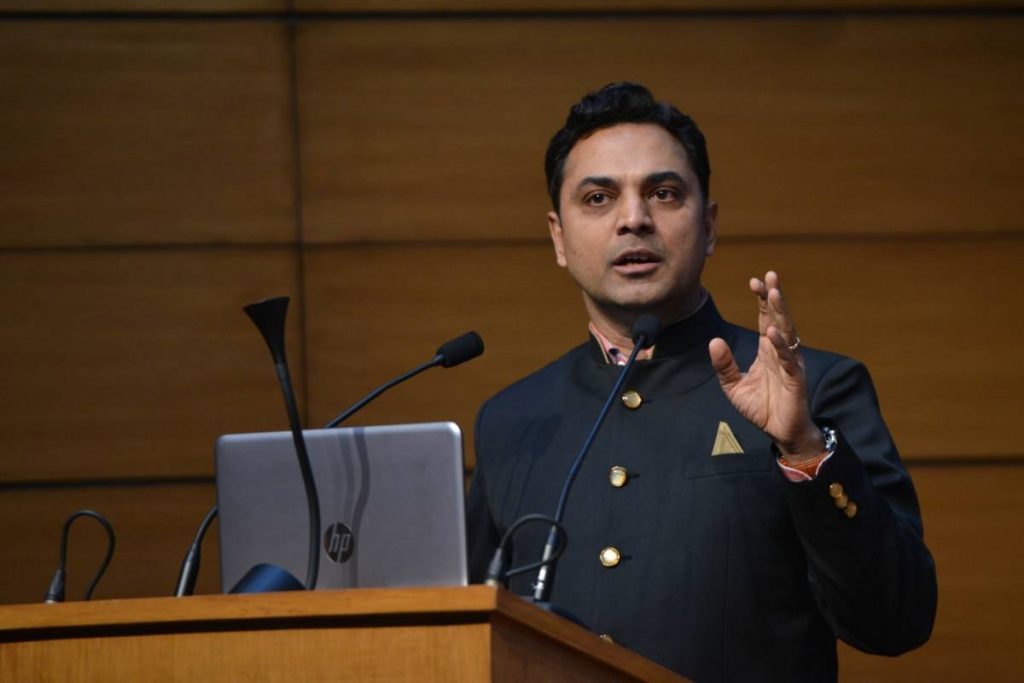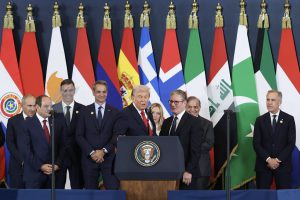Contrary to expectations of a faster growth in FY22 helping to shave off the sharp GDP contractions this year, the Indian economy will take at least two more years to return to the growth levels achieved in the pre-pandemic period, the Economic Survey 2020-21 said.
The projection on return of pre-pandemic growth is based on IMF projections of 11.5 per cent real GDP growth in 2021-22 and a 6.8 per cent growth in 2022-23. With these growth projections, Indians would once again return to become the fastest growing economy in the world.
The survey has projected that the country’s real GDP in FY22 will grow by 11 per cent after an estimated contraction of 7.7 per cent during the current fiscal.
The survey said that Covid led to a once in a century global crisis in 2020. While the lockdown resulted in GDP contracting by 23.9 per cent in Q1 of FY21, the recovery has been V shaped thereafter, the survey noted.
Regulations To Be Simplified
The Economic Survey 2020-21 has called for the simplification of regulatory processes in the light of uncertainties amid the coronavirus pandemic.

The survey presented in Parliament by Union Finance Minister Nirmala Sitharaman on Friday noted that administrative processes in India are often loaded with significant procedural delays and other regulatory complexities in decision-making process to make them inefficient and cumbersome for all stakeholders.
In order to resolve the issues, authorities often make attempts to reduce the discretion by having more complex regulations, which is counterproductive and results in even more non-transparent discretion, it added.

According to the document prepared by the government’s Chief Economic Adviser Krishnamurthy V Subramanian, international comparisons show that the problems of India’s administrative processes derive less from lack of compliance to process or regulatory standards, but from over-regulation.
The survey observes that it is not possible to have regulations that can account for all the uncertainties in the world and all possible outcomes. The evidence shows that India over-regulates the economy.
“This results in regulations being ineffective even with relatively good compliance with the process,” it said.

The solution, the Economic Survey says, is to avoid substituting supervision with more complex regulation. The optimal solution is to have simple regulations combined with transparent decision-making process.
It is important then to balance it with three things — improved transparency, stronger systems of ex-ante accountability (such as bank boards), and ex-post resolution mechanisms.
The survey noted that wherever such regulatory processes have been simplified, ease of doing business has improved significantly.





